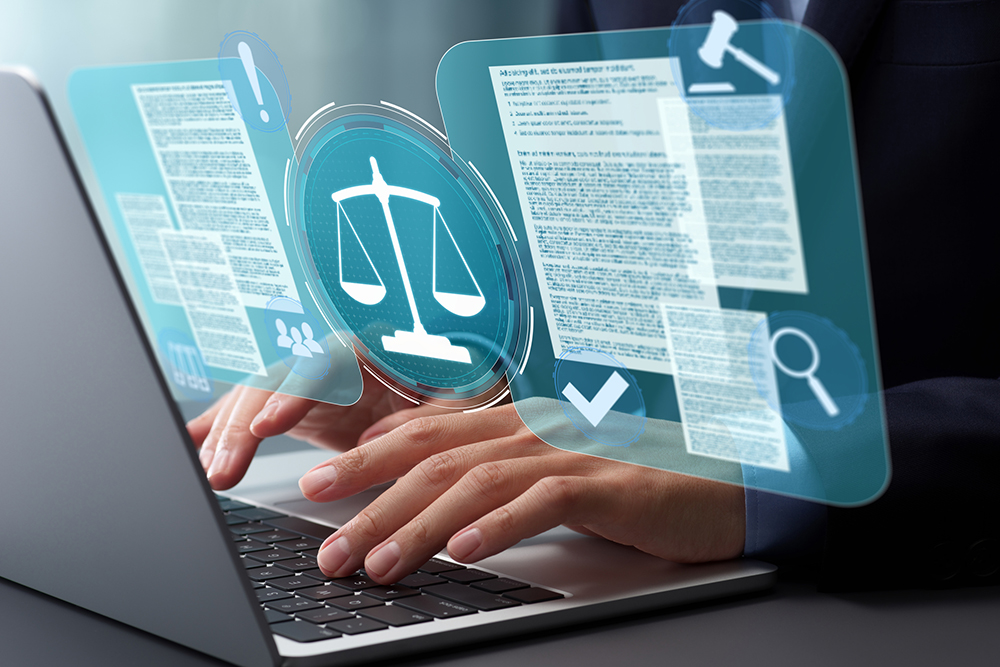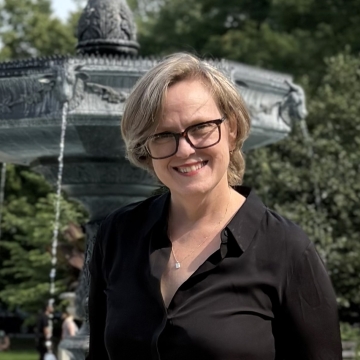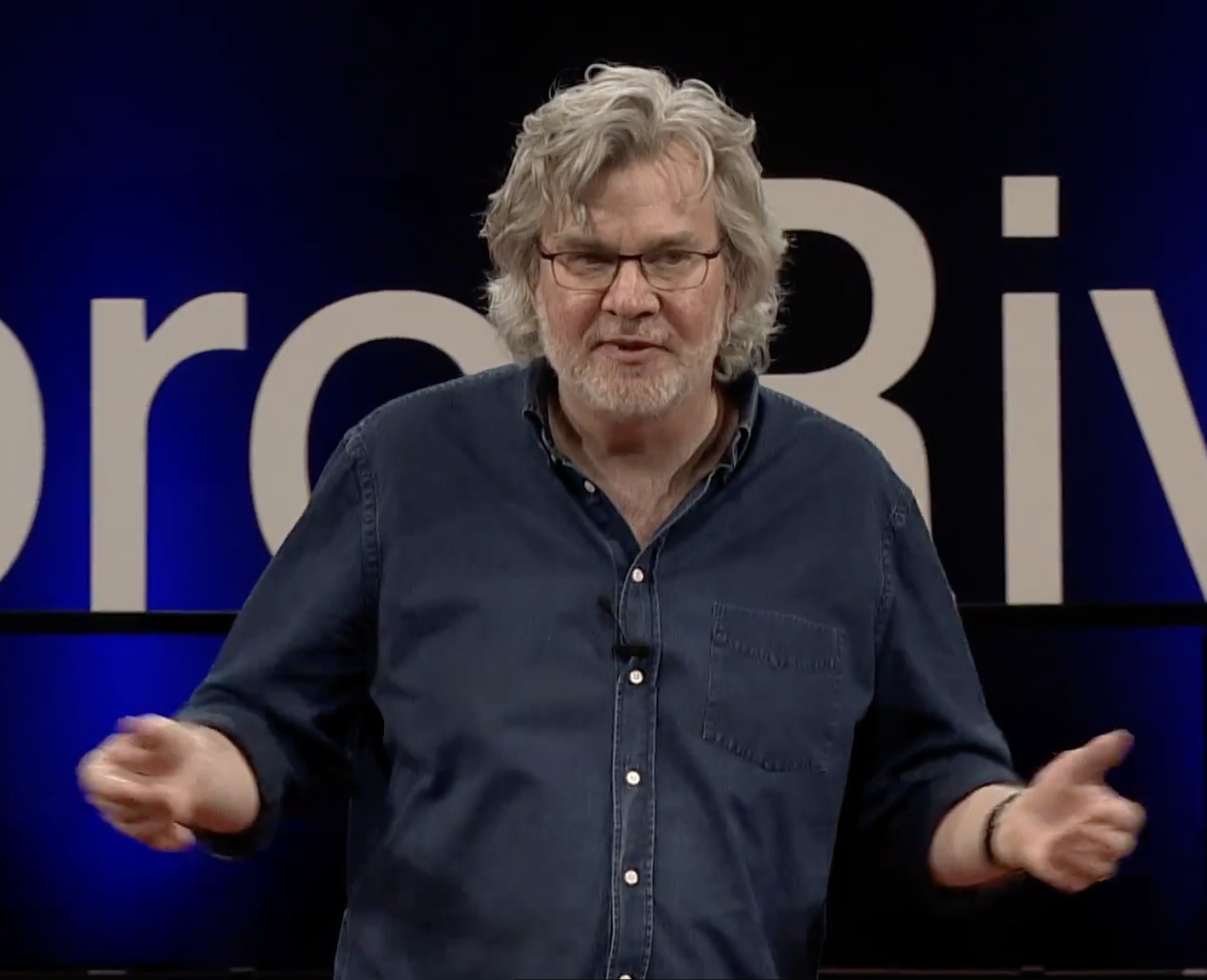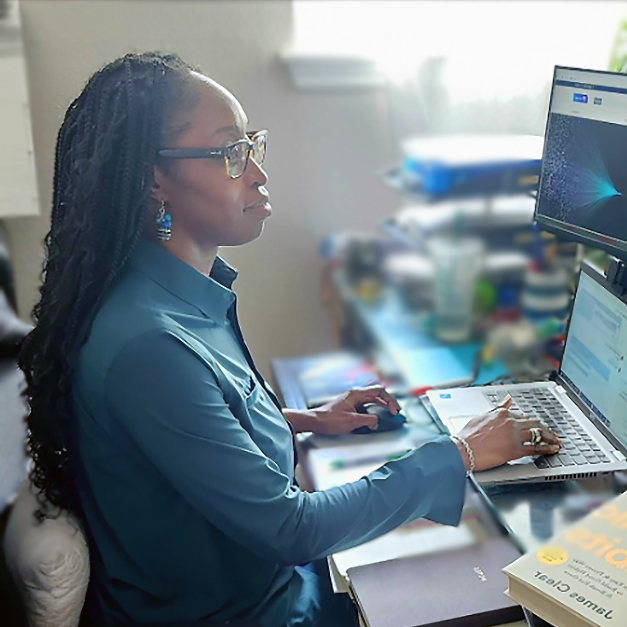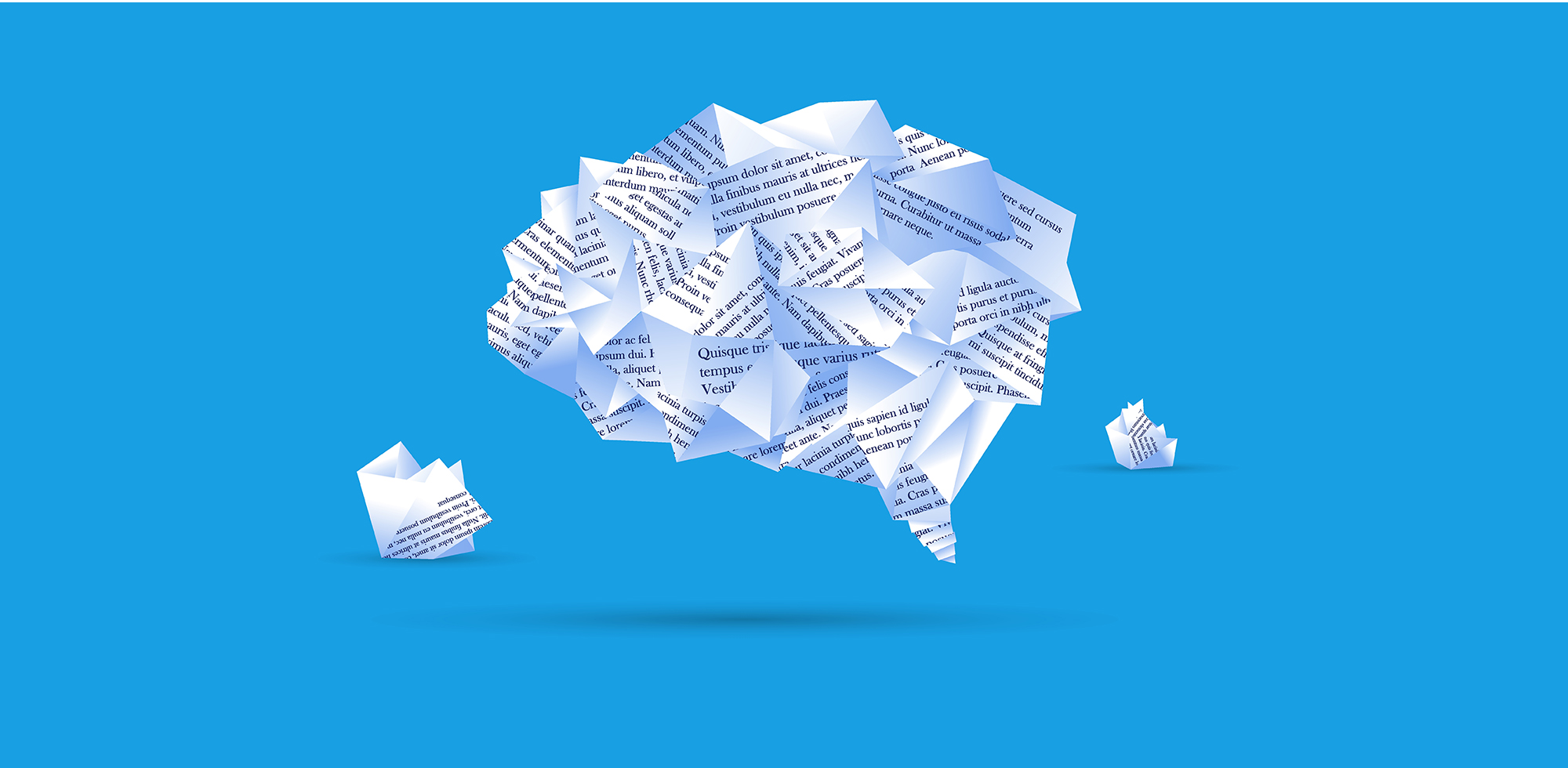Strong legal writing has always been a cornerstone of good lawyering. But while law schools introduce students to the basic forms and structures of legal writing, they typically don’t have time to teach the equally important next step of editing.
The University of Chicago’s seven-week course, Editing for Legal Professionals, addresses that gap directly. Designed for legal professionals who want to strengthen the clarity and power of their written work, the course is part of the University’s portfolio of Standalone Editing offerings. More than just how to edit, the course teaches how to refine and shape legal documents so they communicate persuasively in high-stakes environments.
As Leah Carter, the course’s instructor and a practicing attorney, explains, “Law school teaches you to write. This course teaches you to revise—your own work and others.' It’s about coming back to the text, polishing it, and understanding how small edits can shift not only tone, but even legal obligation.”
What the course teaches
Editing for Legal Professionals covers a wide range of editing techniques specific to legal writing, with a focus on contracts, court filings, motions, and other formal documents. In contract negotiations, Carter points out, precision can be everything. “A single word, or even a comma, can tip liability or trigger an enforcement action.”
The course teaches participants to sharpen their arguments by stripping away ambiguity and unnecessary complexity while also gaining fluency with The Bluebook and jurisdiction-specific formatting requirements. There are also lessons on improving citations and managing references in academic writing.
In addition to core editing skills, the course addresses recent developments like the role of artificial intelligence tools. Students get guidance on effective prompting techniques and safe usage practices that protect client confidentiality. While Carter sees AI’s potential benefits for formatting and citation checking, she also highlights the risks: “There are tons of stories in the news right now where AI tools just make up cases. It comes back with nonsense. In this course, we return to the Socratic method of asking questions and being critical. Our future, with AI, depends on it.”
Why this course—and why now?
The course reflects the University of Chicago’s emphasis on targeted professional education. As the demands placed on editors and legal professionals grow, standalone courses are a way to build expertise without the time commitment of a full certificate program. Whether it’s because they’re transitioning to a new legal specialty, moving into a managerial role, or returning to the profession after time away, the format of Editing for Legal Professionals is ideal for midcareer professionals who want to sharpen their skills in a specific area.
“People shift practice areas all the time,” Carter notes. “Maybe you’ve been writing court documents and now you’re doing transactional work. Or maybe you’re used to editing your own work but are now responsible for reviewing work from junior colleagues. This course is designed to support those transitions.”
Editing for Legal Professionals also aims to correct an area that’s missing in traditional legal education. As Carter puts it, “In law school, you generally get one shot at each kind of document. You write a contract once. You write a persuasive memo once. You don’t get to practice coming back to a document to make it better. But that’s where the real learning happens—when you revise.”
Why legal professionals need editing skills
The ability to shape narrative and craft legal arguments that are both engaging and tightly reasoned is what sets top legal writers apart. “You might have all the facts, and you might have them very clearly stated in your motion,” Carter says, “but if you don’t weave that story together in a way that captures the judge or the jury’s attention, then the whole case can be lost.”
Legal narratives, unlike fiction writing, have to succeed within strict evidentiary rules and procedural requirements. As Carter explains, “You can’t cast the defendant in a bad light just because that serves your story. There are emotions, and there is evidence and burden of proof. It really comes down to striking a balance between being analytical while also crafting your case into something engaging and persuasive.”
Through hands-on exercises, expert feedback, and applications using real cases, participants develop what Carter describes as the most essential skill for modern legal practice: “the ability to refine legal documents until they guide the reader clearly and efficiently from premise to conclusion.”
In a profession where writing shapes outcomes, the University of Chicago’s Editing for Legal Professionals course gives professionals a unique opportunity to take their craft to the next level.

Elevate Your Legal Writing
Sharpen your arguments, learn a wide range of editing techniques, and better understand AI tools.
Learn more